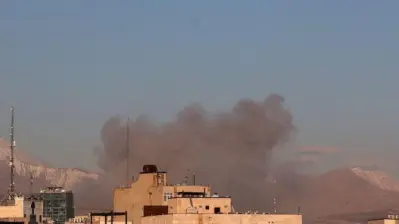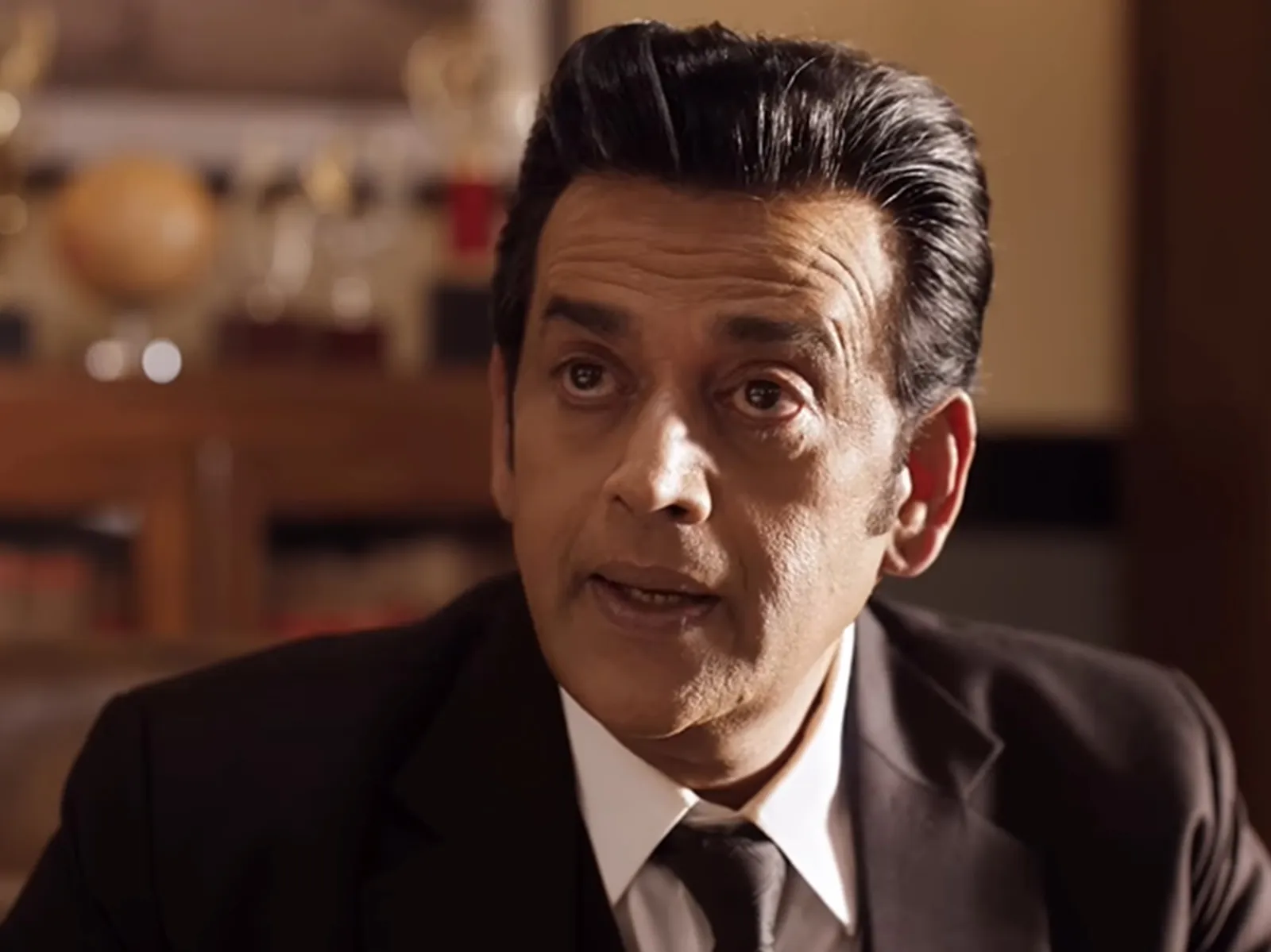

Mumbai, March 5: The Ravi Kishan-starrer courtroom comedy series 'Maamla Legal Hai' is set to return with its second season.
The show, set in the Patparganj District Court, became popular for its light take on legal cases and its group of quirky lawyers. The new season will once again follow their lives and cases inside and outside the courtroom.
The series is produced by Posham Pa Pictures. It is led by showrunner Sameer Saxena and directed by Rahul Pandey. The new season is written by Syed Shadan, Mohak Aneja and Tatsat Pandey, with Kunal leading the writing team.
Speaking about the new season, Ravi Kishan, as per a press note, said, "can't believe I am saying this, but I am looking forward to going to court! I can't thank the audience enough for the love and adulation that poured in for the first season of Maamla Legal Hai. This season, Tyagi is eager to prove himself as a judge, but it's a task easier said than done. Yahaan har maamla serious hota hai, par tareeka bilkul hatke."
Season 2 will continue the story of V.D. Tyagi and other lawyers in the court. The show will also look at what lies ahead for Sujata, Ananya Shroff and Vishwas Pandey.
Kusha Kapila and Dinesh Lal Yadav join the cast this season. Nidhi Bisht, Naila Grewal, Anant Joshi and Anjum Batra return to reprise their roles.
'Maamla Legal Hai Season 2' will be available for streaming on Netflix from April 3. (ANI)